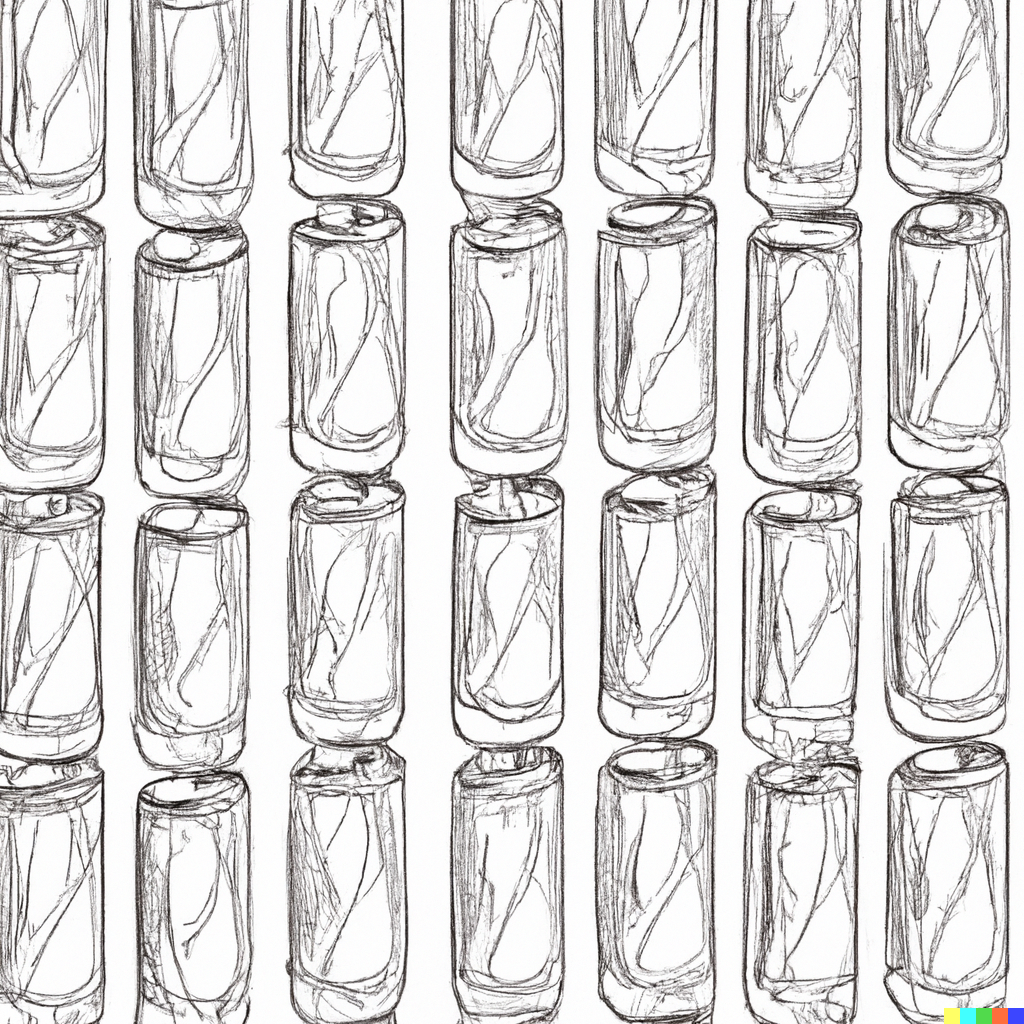
Austin, Texas. In the "Upcycled Waste Capital of the World", nestled on the edge of a revitalized East Austin and downtown, lives a woman named Nora Sanchez. An ecologist by profession and a visionary by nature, Nora is the driving force behind ReLeaf, a cooperative that assists businesses in reducing and upcycling their waste. Under her leadership, ReLeaf has breathed new life into discarded materials, crafting them into vertical gardens that lend a lush verdant charm to the cityscape. However, her ambitions do not stop at these small-scale interventions. Inspired by the temperate rainforest initiative in Devon, England, Nora is about to embark on her most ambitious project yet: creating Austin's very own rainforest.
The initiative in Devon had been extraordinary. An entire rainforest, teeming with life and home to unique species, was painstakingly planted on a 74-acre site. This undertaking aimed to reintroduce various tree species and fauna while creating a damp, ideal habitat for mosses, fungi, and other unique vegetation. Witnessing the project's evolution and how it restored harmony to the local ecosystem stirred something in Nora. She dreamt of replicating this success in Austin, leveraging ReLeaf's resources, and her ecological expertise.
Nora set her sights on a large tract of unused land on the city's outskirts, envisioning it as the site for Austin's very first rainforest. This unique endeavor would serve as a haven for local flora and fauna, drawing inspiration from the species introduced in the Devon project. Nora intended to plant native Texan trees like the Texas Live Oak, Cedar Elm, and Black Willow, creating a dense, rich canopy under which local wildlife could thrive. She imagined the rainforest eventually humming with the presence of foxes, raccoons, and maybe even bobcats, their presence heralding a successful reintroduction of native species to this urban environment.
Yet, Nora's vision went beyond just flora and fauna. Her project borrowed from the Devon initiative's 'regenerative settlement' concept, wherein sustainable living spaces were built within the existing landscape. She collaborated with local architects to design eco-homes using materials upcycled by ReLeaf. These homes, blended seamlessly into the rainforest, would serve as an example of sustainable urban living – a testament to Austin's commitment to green initiatives.
Getting the project off the ground was no small task. It required funding, support from the community, and numerous permissions and clearances. However, Nora was undeterred. She rallied the ReLeaf cooperative and reached out to Austin's environmentally conscious community. Slowly but surely, the project began to gather momentum. It attracted the attention of local businesses, investors, and even city officials, all intrigued by the prospect of a local rainforest.
As the sun set over Austin, painting the sky with hues of pink and orange, Nora stood at the edge of what was currently an expanse of barren land. The breeze tugged at her hair as she closed her eyes, envisioning the thriving rainforest that would soon take root in this very soil. Her heart was filled with hope and determination. After all, the future of Austin's own temperate rainforest depended on it.
Through Nora's journey and the vision of ReLeaf, we see the potential for cities like Austin to embark on bold, transformative ecological initiatives. We're invited to imagine an urban environment where nature thrives in harmony with human activity, a cityscape that's not just sustainable but vibrantly alive. Whether in Austin or elsewhere, we all have a role to play in nurturing these visions for a more harmonious future.
🚮 W.A.S.T.E.: Words Assisting Sustainable Transformation & Ecology
| Term | Definition |
|---|---|
| Ecological Balance | The shifting equilibrium where human design, plant intelligence, and urban rhythms hold each other in tension, preventing collapse while allowing new forms of life to emerge. |
| Rainforest | |
| ReLeaf | Welcome to the ReLeaf Cooperative, where we dive deep into an innovative and revolutionary model of sustainability and community building. ReLeaf is a pioneer in developing scalable engagement strategies that foster community participation and work towards addressing pressing social issues such as homelessness. In this category, you'll find articles and Organic Media detailing ReLeaf's groundbreaking initiatives and visions. From creating sustainable gardens in Austin elementary schools to providing transparency in a world often shrouded in deception, ReLeaf serves as a beacon of hope and innovation. ReLeaf's approach of intertwining real and fictional elements in their work—such as characters, materials, techniques, and labor—sets a new standard for cooperatives worldwide. Its business model, which compensates for labor and knowledge contributions, creates a lasting benefit and helps people who have historically been marginalized. By meeting people with compassion, as resources in need of support instead of liabilities, ReLeaf has shown that everyone has the potential to contribute to society meaningfully. Explore this section to discover how ReLeaf is redefining the way we approach social issues and sustainability, with stories of inspiration, innovation, and hope. |
| Scalable Sustainability | The practice of designing ecological systems, technologies, and social models that not only sustain themselves but also grow stronger and more impactful as they expand. |